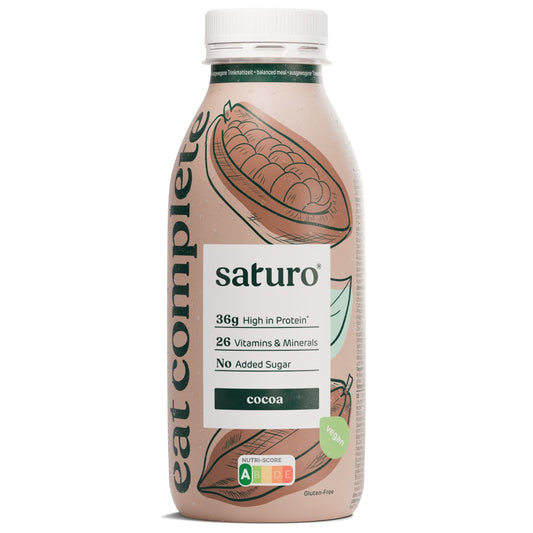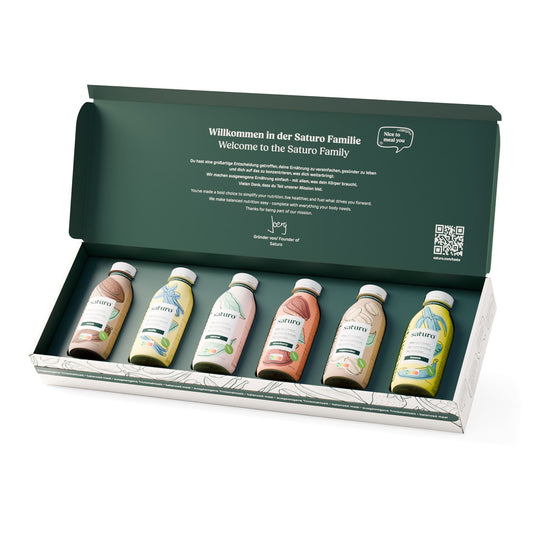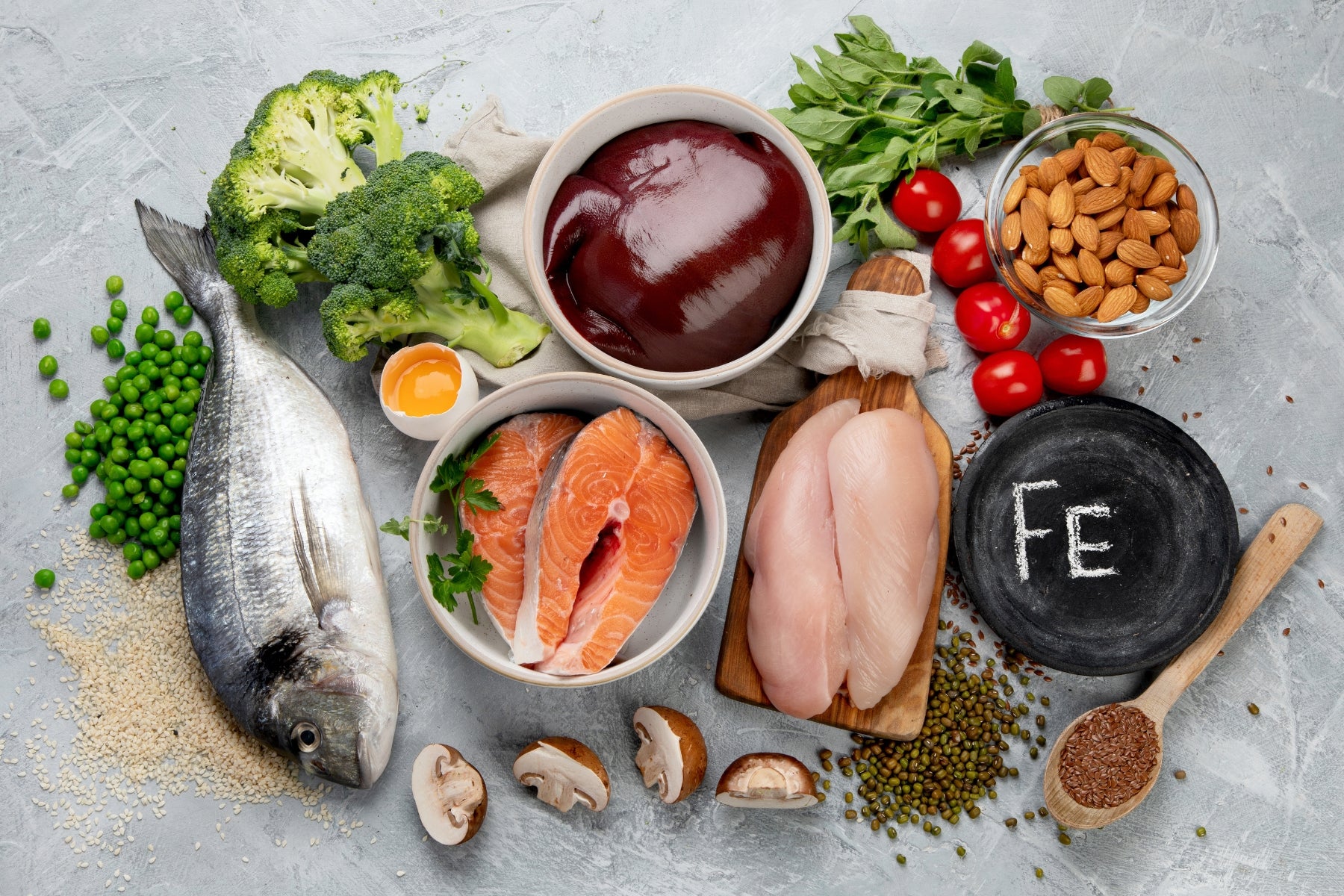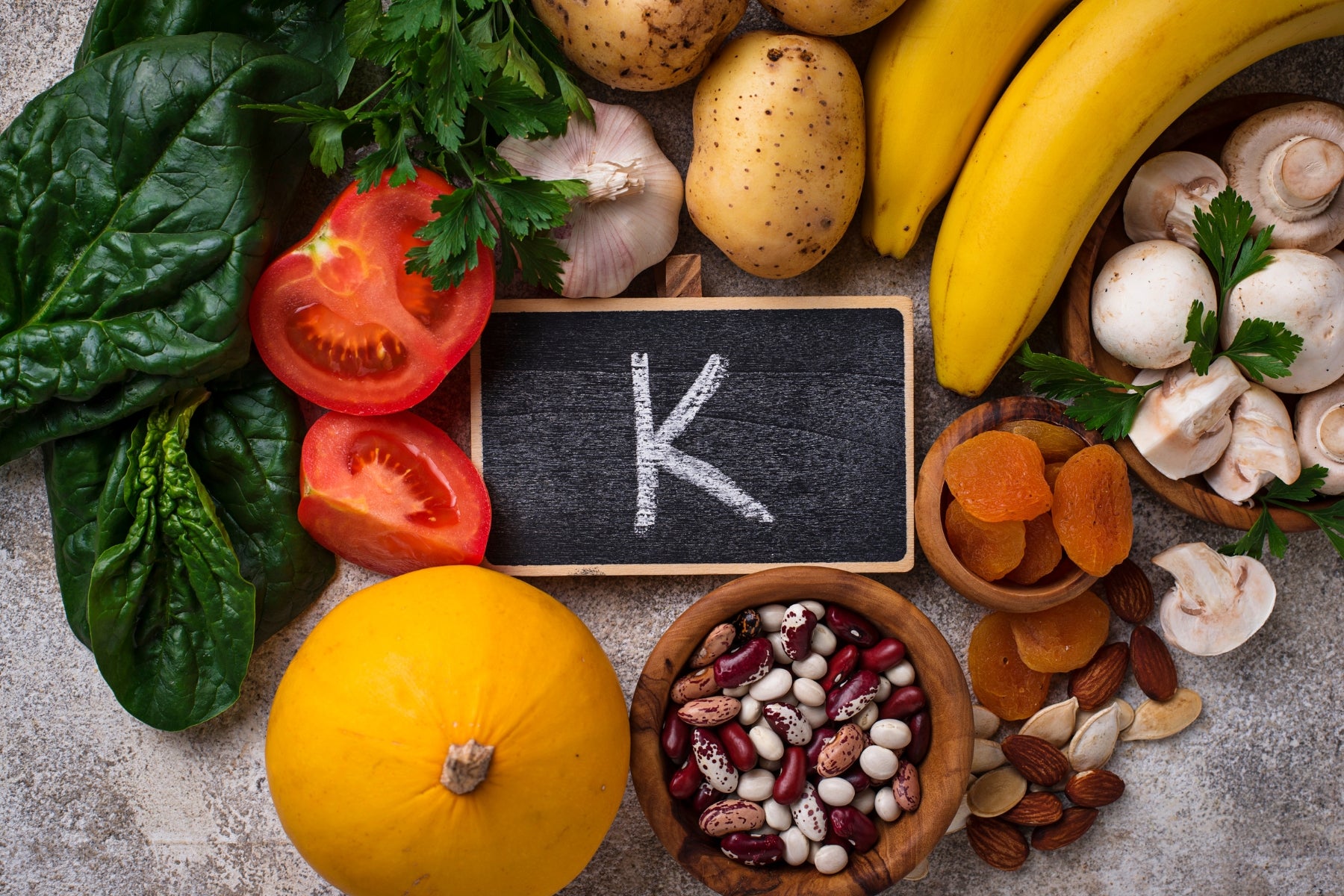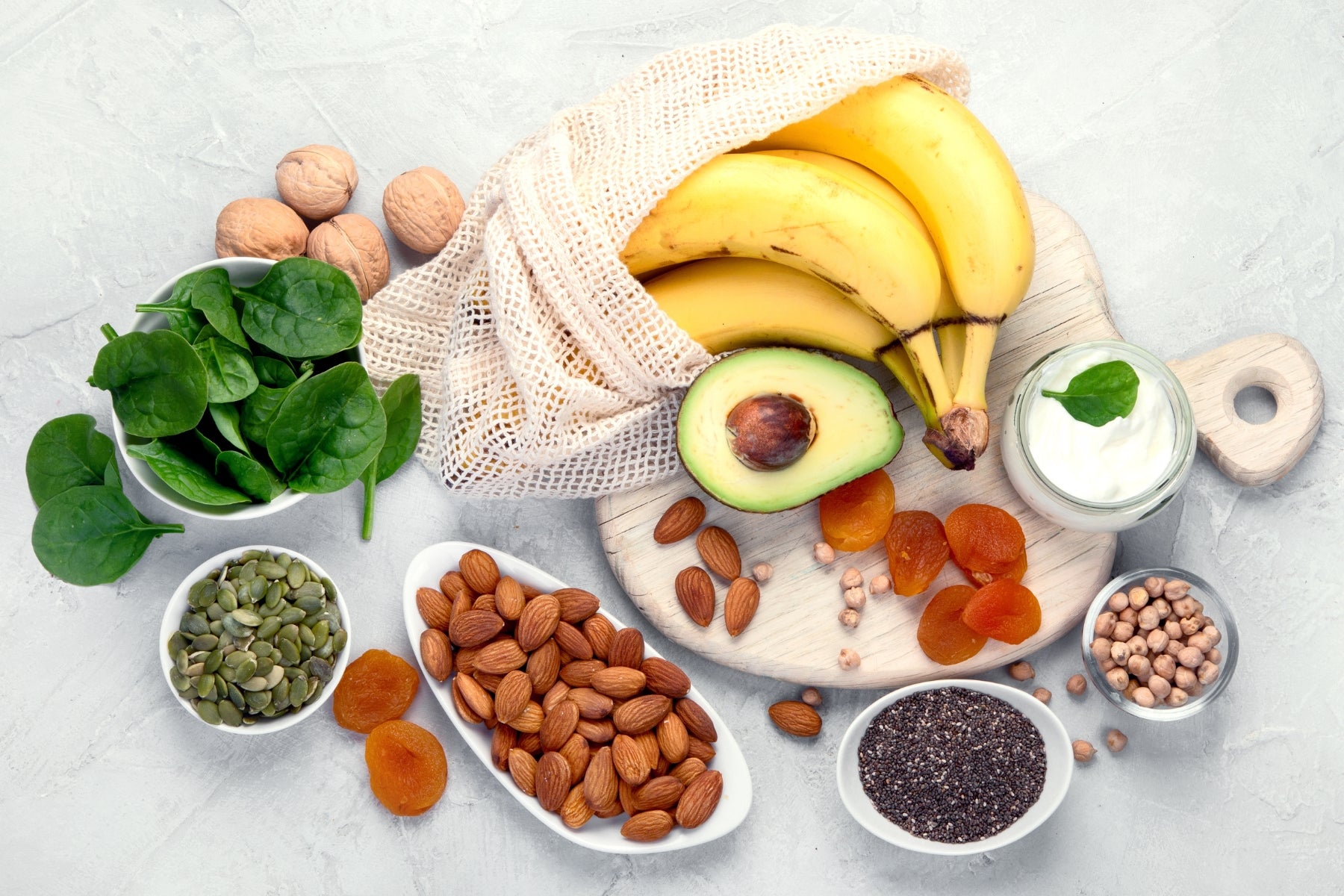Contents
1
What is zinc deficiency and how much zinc do you need every day?
2
Zinc deficiency symptoms
Zinc deficiency symptoms in women
3
Zinc deficiency test
4
Zinc deficiency causes
5
Zinc in food
Vegan zinc sources (per 100 g)
Animal zinc sources (per 100 g)
Drinking meals against zinc deficiency
Contents
1
What is zinc deficiency and how much zinc do you need every day?
2
Zinc deficiency symptoms
Zinc deficiency symptoms in women
3
Zinc deficiency test
4
Zinc deficiency causes
5
Zinc in food
Vegan zinc sources (per 100 g)
Animal zinc sources (per 100 g)
Drinking meals against zinc deficiency
Vegane Zinkquellen
| Vegane Zinkquellen | Zinkgehalt pro 100 g |
|---|---|
| 1. Kürbiskerne | 10 mg |
| 2. Hanfsamen | 10 mg |
| 3. Shiitake-Pilze (getrocknet) | 8 mg |
| 4. Cashews | 6 mg |
| 5. Sonnenblumenkerne | 5 mg |
| 6. Pekannüsse | 5 mg |
| 7. Sojabohnen | 5 mg |
| 8. Tahini | 5 mg |
| 9. Chiasamen | 5 mg |
| 10. Leinsamen | 4 mg |
Tierische Zinkquellen
| Tierische Zinkquellen | Zinkgehalt pro 100 g |
|---|---|
| 1. Austern (gekocht) | 79 mg |
| 2. Ribeye-Steak (gekocht) | 11 mg |
| 3. Königskrabbe (gekocht) | 8 mg |
| 4. Hackfleisch (Rind, gekocht) | 6 mg |
| 5. Lammleber (gebraten) | 6 mg |
| 6. Rinderleber (gebraten) | 5 mg |
| 7. Spareribs (Schwein, gekocht) | 5 mg |
| 8. Schweizer Käse | 4 mg |
| 9. Salami (Schwein) | 4 mg |
| 10. Parmesan | 4 mg |

